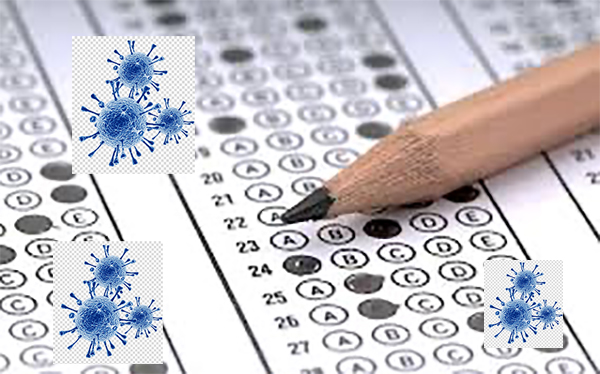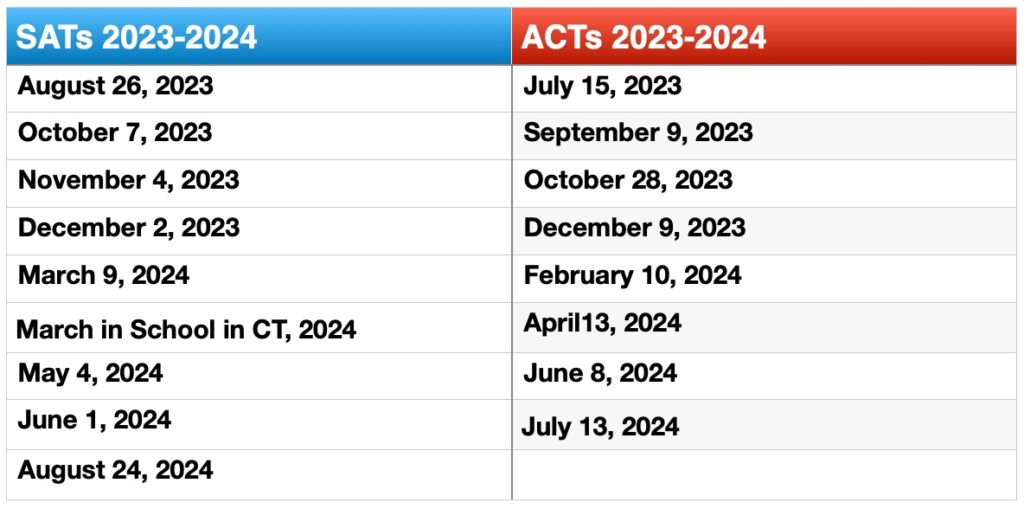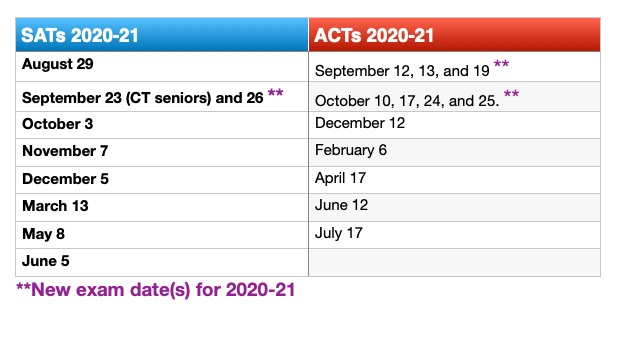
[Updated from 2020 and 2022]
For four years before MIT, Dartmouth, and Yale restituted their required SAT/ACT entrance exam policies in 2024*, CPE has been warning students and parents not to fall into the seductive “test optional” trap, COVID-19’s pernicious effor to wipe out a chunk of candidates in the world of college admissions.
The cancellation of long-scheduled SATs and ACTs in 2020 and continuing into 2022 and even 2023 forced many colleges at all levels to waive the entrance exam requirement for applicants, thereby making those schools “test optional.” It’s the only socially just and fair decision that could have been made given so many students planned, prepped for, and counted on one or more exams during the spring and summer.
But just because an admissions committee isn’t requiring an ACT or SAT score this year doesn’t mean they wouldn’t prefer to see one. Schools that adopted a test optional policy years before COVID typically report 85-90% of accepted students submitted scores, whereas 10-15% did not. Schools announcing a one-year or indefinite test-optional policy to accommodate the COVID cancellations may well have even more lopsided numbers [2024 update: They did!].
For some reason, the term “test optional” creates the false impression among many students and families, spreading like COVID through the summer and maybe hasn’t peaked yet, that you have about an equal chance whether you opt in or opt out. Not even close. Numbers don’t lie. Bottom line: students have a much better chance of getting into test optional schools if they submit a decent score.
Whether you’re a fan or critic of standardized tests, it makes sense if you think about it from an admissions officer’s perspective. The mathematics of today’s admissions game ensures committees will have to split hairs among far more qualified students than they have beds for. Now consider the Hippocratic Oath for admissions officers: First, admit no student set up to fail. Faced with two equally qualified candidates—similar in academic performances, activities, community service, and goals for college—but one go whom submitted a test score around the college’s average, while the other did not, which one would YOU choose to accept at your school? At a minimum, a solid test score gives a committee one more reason to believe in a candidate’s academic potential.
Nevertheless, despite my early warnings last spring, the uncertainties about all the new nor facing higher education in the COVID era combined with the sudden wider adoption of (misleading) test optional policies have caused widespread confusion. Over the past several weeks many students and parents have shared an understandable though erroneous thought process that goes something like this: No one even knows for sure whether college will be in session or for how long this year, or how much will be on campus and how much remote, and so many schools are turning test-optional this year [2024 update: STILL ARE], there’s just no way to tell whether scores are going to be as important this year and whether they’re worth all the effort. Understandable, but still wrong.
If you were planning throughout high school at one point to buckle down and gut out at least a decent SAT or ACT score, don’t let COVID-19, or delusions of grandeur about the temporary spate of test-optional policies change that plan. Fact is that many bright and ambitious students are opting out, placing themselves in the much smaller pool of accepted students and enabling students who opt in a greater chance to distinguish themselves with a reasonably good score (i.e., 25 percentile or higher).
Let’s End on a Positive Note, Dr. Yo, Shall We?
The test optional bandwagon brings good news to students at both ends of the testing spectrum. Students who would have no shot of getting into a school if scores were required suddenly have shot—a statistical long-shot, but a shot. Meanwhile, students who find a way to earn a score good enough to submit (i.e., average or better for a given school), even this crazy year, greatly improve their chances of admission.
If you got caught in this deadly COVID-19 admissions trap, we at CPE have developed several effective antidotes: one-on-one tutoring, semi-private tutoring, and 3-, 6-, and 9-Session classes for all SATs and ACTs this fall :-).
*See A Cautionary Tale for COVID Couch Potatoes Planning to Go to Selective Colleges and updated versions of Plan B College Entrance Exam Strategies and Advice for Juniors and Standardized Tests, Social Justice, and College Admissions in 2022: How Media Present a False Dichotomy of the SAT/ACT that Hurts College-bound Students (Part 1 of 2).

From the original post:

*Updated Testing Policies For Top 20 Colleges During The 2020-2021 Application Cycle
